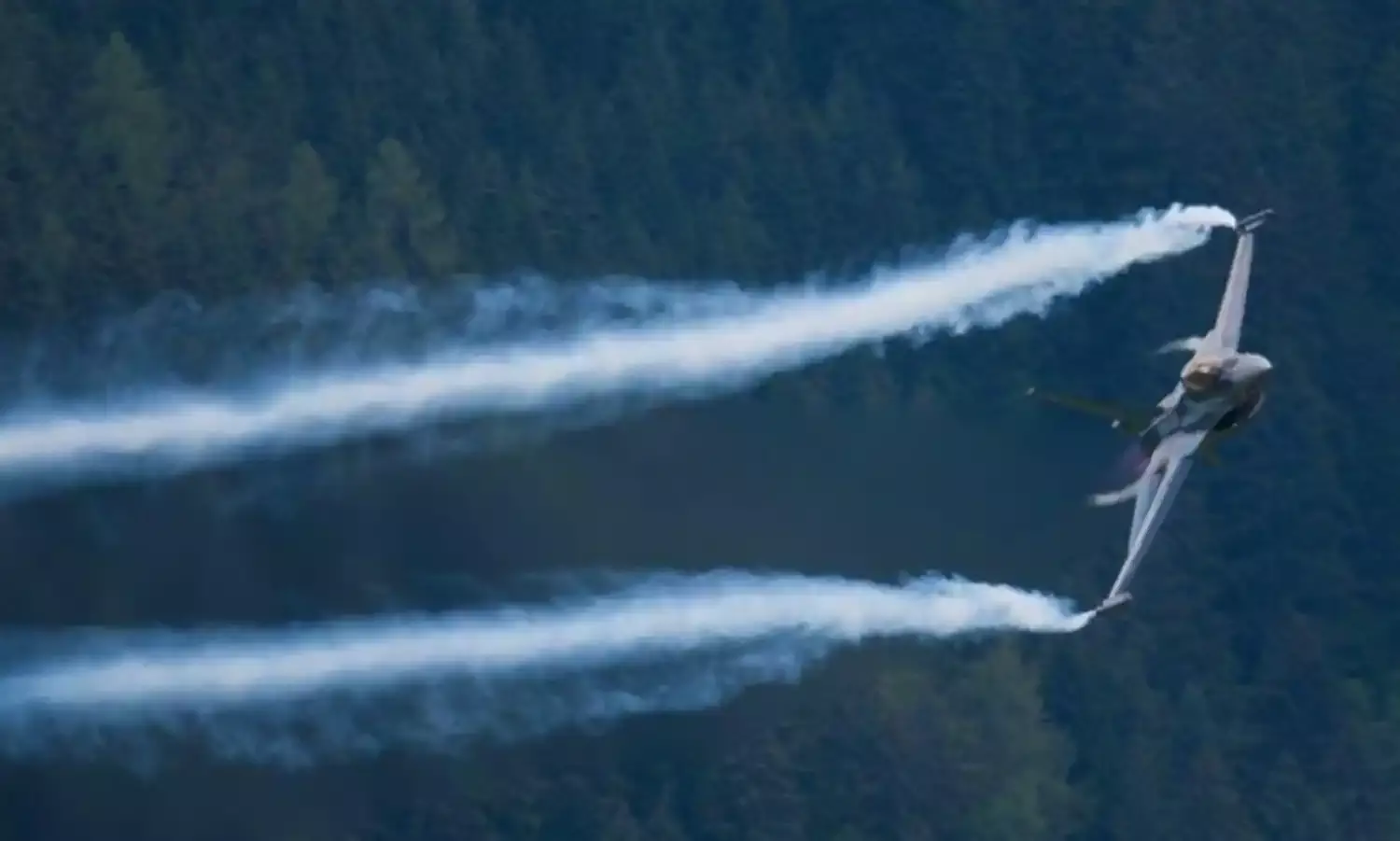India and Pakistan Take a Big Step Closer to War
Pakistan says it will retaliate;

NEW DELHI: Will Pakistan respond to the Indian Air Force strikes?
Speculation turned into some certainty after the national security committee meeting convened by Pakistan Prime Minister Imran Khan.
As the day progressed and more news of the strikes filtered in, speculation that Pakistan would not respond was belied.
Pakistan Prime Minister Imran Khan’s office tweeted “this action has been done for domestic consumption being in election environment, putting regional peace and stability at grave risk. The claimed area of strike is open for the world to see the facts on ground.”
The Pakistani media maintained that the committee statement also said, “India has committed uncalled for aggression to which Pakistan shall respond at the time and place of its choosing.”
The statement did not deny the Indian action. And followed statements, or rather tweets by Pakistan armed forces spokesperson DGISPR Major General Asif Ghafoor admitting at the onset, in fact in the early hours of the morning that Indian fighter jets had crossed the LoC.
PakistanForeign Minister Shah Mahmood Quresh was the next to respond, describing the action as a “grave aggression.” Qureshi in the first formal response from his government said Pakistan reserved the right to give an appropriate reply.
"We reserve the right to give an appropriate. We have the right to self defence," he said.
Lt General H.S.Panag (retired) held the view that Pakistan would respond at a time of its own choosing. He said that regardless of casualties and targets, both sides had admitted that the Indian Air Force had crossed the Line of Control. And Islamabad would be compelled by its domestic opinion to retaliate in some form or the other.
Others who shared this view said that just hours before the military action, the Pakistan PM had made a strong statement that Pakistan would not hesitate to retaliate if India attacked.
Former Vice Chief of Army Staff Lt General Vijay Oberoi was not so sure. He said that by denying casualties Pakistan seemed to be looking for a way out as in the surgical strikes. However, a senior military officer was of the view that action could be very well possible as Nawaz Sharif was at the helm then and functioning at cross purposes with the Pakistan Army. That is not the case now.
A third opinion came from former Research and Analysis Wing chief A.S.Dullat who took an in between stance, like many others spoken to, saying Pakistani retaliation would depend on two issues. One, what actually had happened on the ground and how compelled Pakistan feels to retaliate; and two, how much noise we and our media is going to make about this?
“India and Pakistan seem to have patented strikes” Dullat said and did not rule out a Pakistani response. He did not rule it in either maintaining that the Indian foreign secretary’s statement was sensible, and clearly formulated to provide a perspective and bring down the decibels here.
A war between the two nuclear neighbours has a nightmarish scenario perhaps best voiced by former Pakistan President General Pervez Musharraf who recently was quoted in the Indian media as saying that in case of a war and nuclear options coming into play, Pakistan could inflict heavy damage on India with one bomb but “India could finish all of Pakistan with 20 nuclear bombs.”
As peace activists from different countries who have issued a call for descalation of tension asked, “is that what we now want, is that where we are heading, self destruction?” But then that is a voice not being heard by the media or the security apparatus in either Islamabad or New Delhi.

